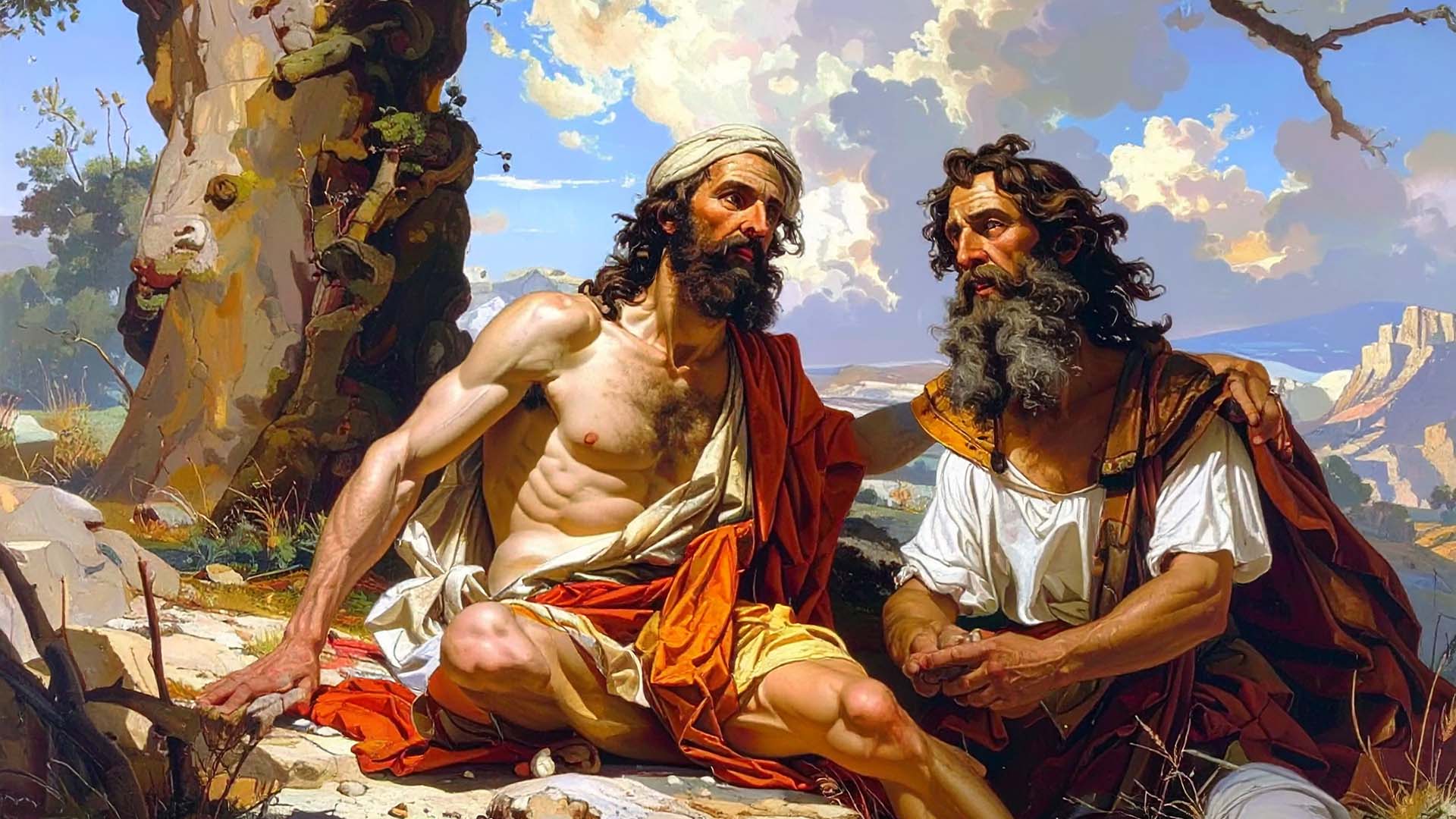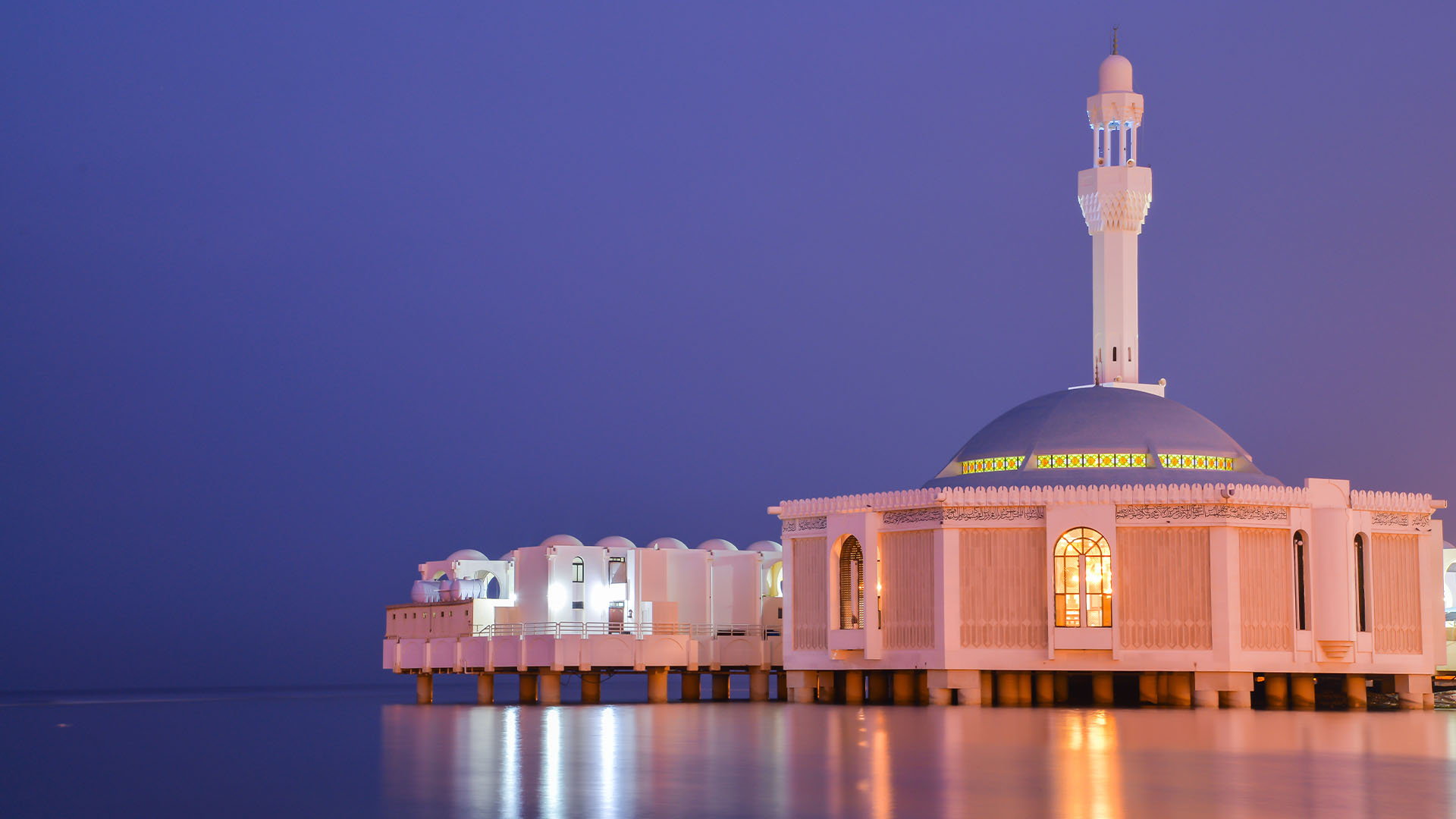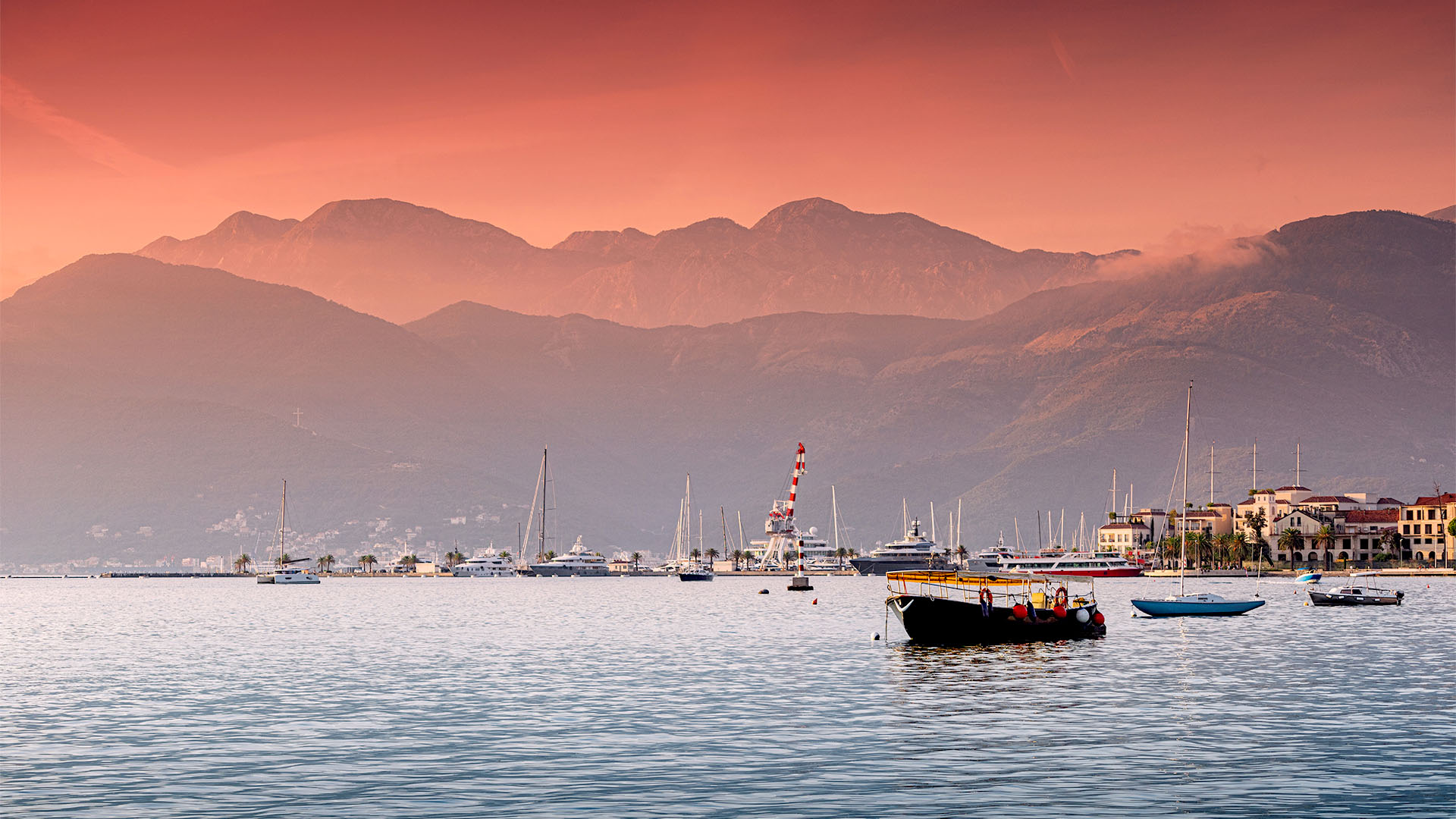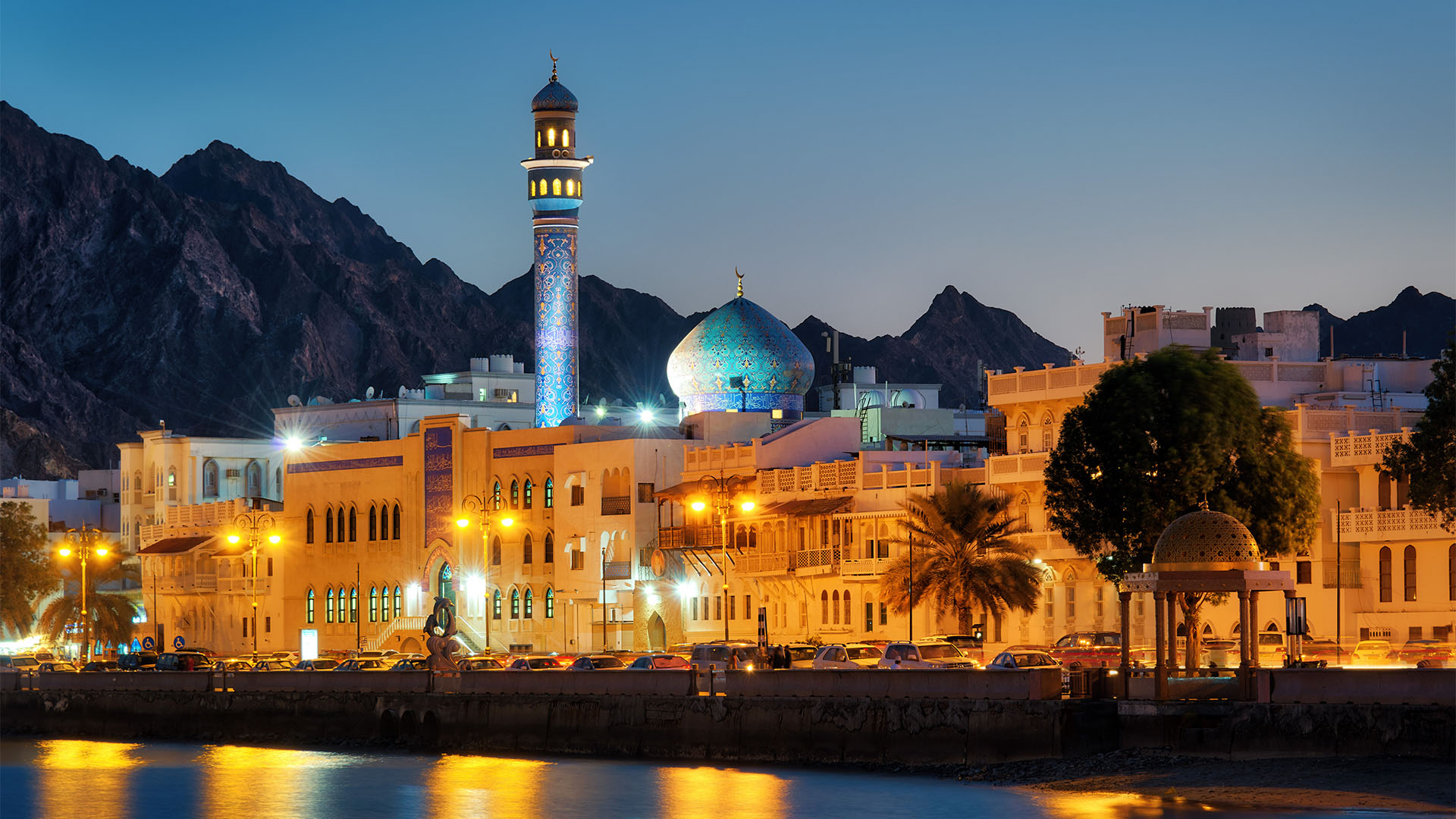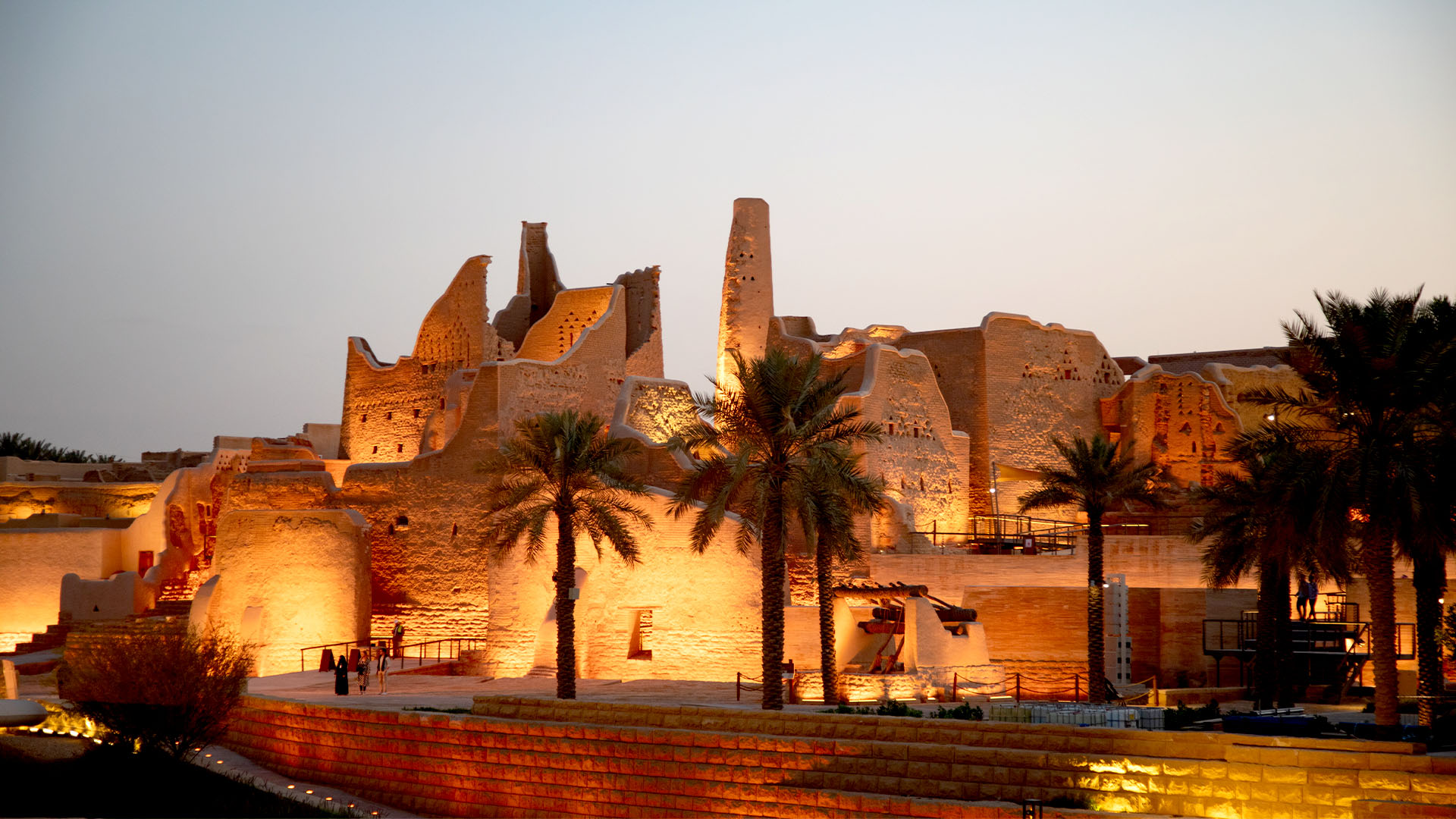The idea of a "global citizen" isn't just a buzzword; it's a radical shift in how humans see themselves, born from a yearning to break free from the rigid borders of nation-states and embrace a shared humanity. It's a story of dreamers, rebels, and pragmatists, woven through centuries of philosophy, war, migration, and money. Let's dive into its origins, the forces that shaped it, and the landmarks that made it real, told with the raw energy of people chasing freedom and connection.
The Spark of Ancient Defiance
The concept first flickered to life around 412 BCE in Ancient Greece, when Diogenes of Sinope, a scruffy, irreverent philosopher, declared, "I am a citizen of the world." This wasn't some lofty ideal; it was a middle finger to the parochialism of city-states like Athens or Sparta, which defined identity by local allegiance.
Diogenes, living in a clay jar and mocking societal norms, saw humanity as one messy, interconnected tribe. His words, kosmopolitês (cosmopolitan), planted a seed: your identity doesn't have to be chained to where you were born.
Fast-forward to the Stoics, like Seneca and Marcus Aurelius, who took this idea and gave it muscle. They argued that reason binds all humans, no matter their geography. To them, being a global citizen meant living with a universal moral code, prioritizing humanity over tribal loyalties. This wasn't fluffy idealism. It was a practical response to an empire stretching from Rome to distant provinces, where people needed a way to navigate diverse cultures without losing their sense of self.
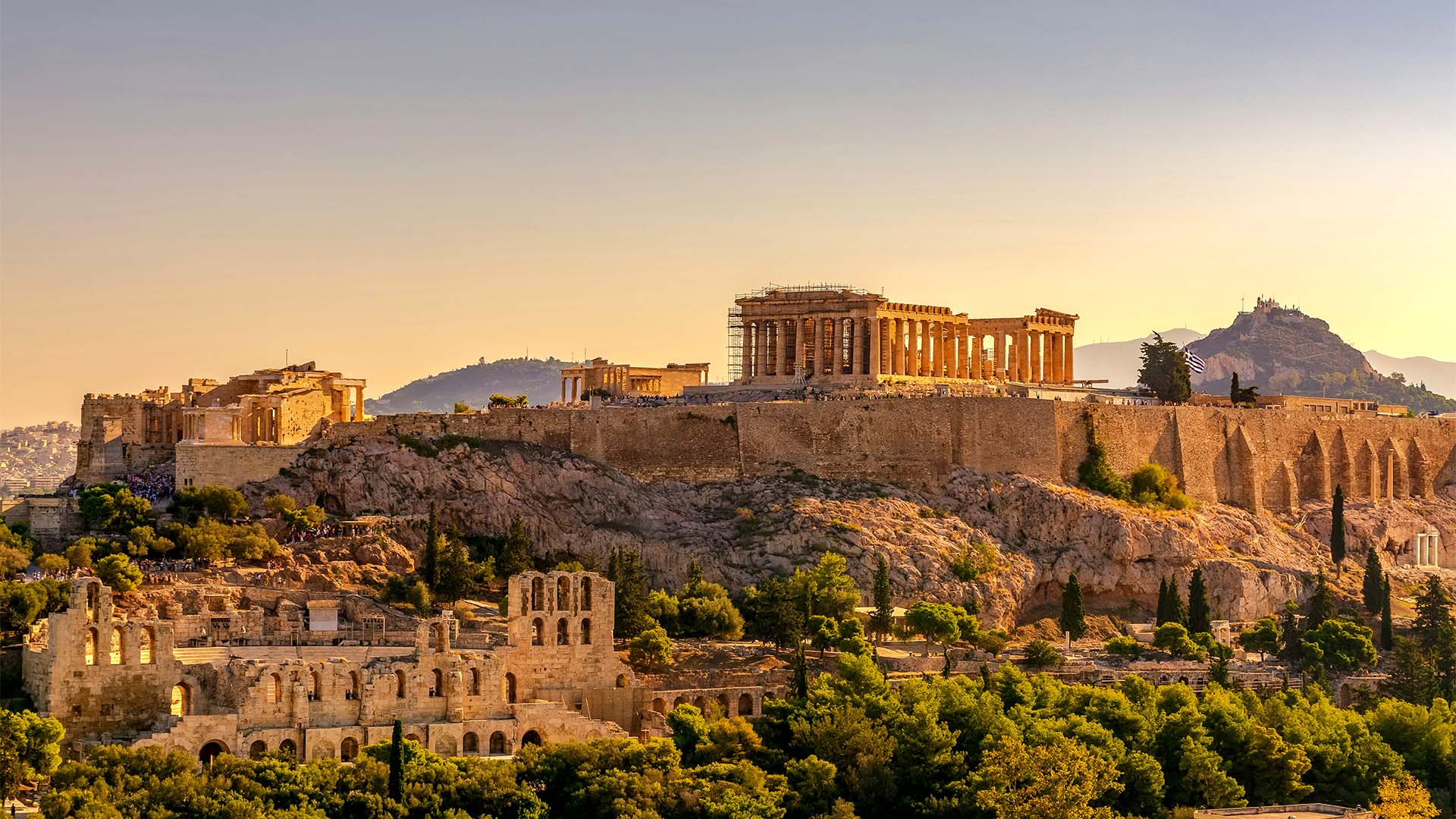
From Middle Ages to Enlightenment
The idea simmered quietly through the Middle Ages, overshadowed by feudal loyalties and religious crusades. But by the 17th and 18th centuries, thinkers like John Locke and Immanuel Kant rekindled it.
Kant, in particular, dreamed of a "universal community" where people could move freely, welcomed as equals. His 1795 essay Perpetual Peace wasn't just philosophy; it was a plea for a world where borders didn't strangle human potential. This was the era of exploration and early globalization. Think spice trades and colonial outposts, where merchants and adventurers were already living as proto-global citizens, their lives straddling continents.
Then came Thomas Paine, the firebrand of the American and French Revolutions. In 1776, he wrote, "My country is the world, and my religion is to do good." This was a gut-punch to nationalism, spoken by a man who hopped between England, America, and France, stirring revolutions. Paine's words captured the emotional pull of global citizenship: a sense of belonging to something bigger, driven by action, not just sentiment.
War, Rights, and Rebellion
The 20th century was when global citizenship started to feel urgent. Two world wars, the Holocaust, and decolonization exposed the fragility of national borders and the horrors of unchecked nationalism. In 1948, the Universal Declaration of Human Rights by the United Nations was a landmark. A legal framework asserting that every human, regardless of nation, deserved dignity and freedom. It wasn't perfect, but it gave global citizenship a backbone: the idea that rights transcend borders.

The World Citizen Movement
Enter Garry Davis, a former Broadway actor turned renegade. In 1948, disillusioned by war and nationalism, he renounced his U.S. citizenship in Paris and declared himself a "world citizen." He didn't stop there. Davis founded the World Service Authority in 1953, issuing "world passports" to stateless people and dreamers alike.
By 2025, over 1 million of these passports have been issued, recognized sporadically by some countries but dismissed by others. Davis's story is pure audacity. A man who saw borders as imaginary lines and acted on it, inspiring a movement. In 1949, the small French city of Cahors became the first to declare itself a "world citizen city," a symbolic act of solidarity with Davis's vision.
The Baháʼí Faith also amplified the idea in the late 19th and early 20th centuries, with its founder proclaiming, "The Earth is but one country, and mankind its citizens." This spiritual take on global citizenship emphasized unity in diversity, resonating with millions seeking a moral compass in a fractured world.
Money, Mobility, and Markets
By the late 20th century, globalization, fueled by jet travel, the internet, and trade, made global citizenship tangible. People weren't just philosophizing; they were living it.
The Birth of Citizenship by Investment
The 1980s saw a pivotal landmark: the rise of Citizenship by Investment (CBI) programs. St. Kitts and Nevis launched the first in 1984, offering citizenship to wealthy individuals who invested in the country's economy, often through real estate. This wasn't about lofty ideals. It was cold, hard pragmatism.
Countries like Malta, Cyprus, and Dominica followed, turning citizenship into a commodity. By 2025, over 20 nations offer CBI programs, with investments starting at $100,000 for places like Vanuatu to $2 million for Malta. Firms like CS Global Partners and Henley & Partners emerged as powerhouses, guiding high-net-worth individuals to second passports for mobility, tax breaks, and safety.
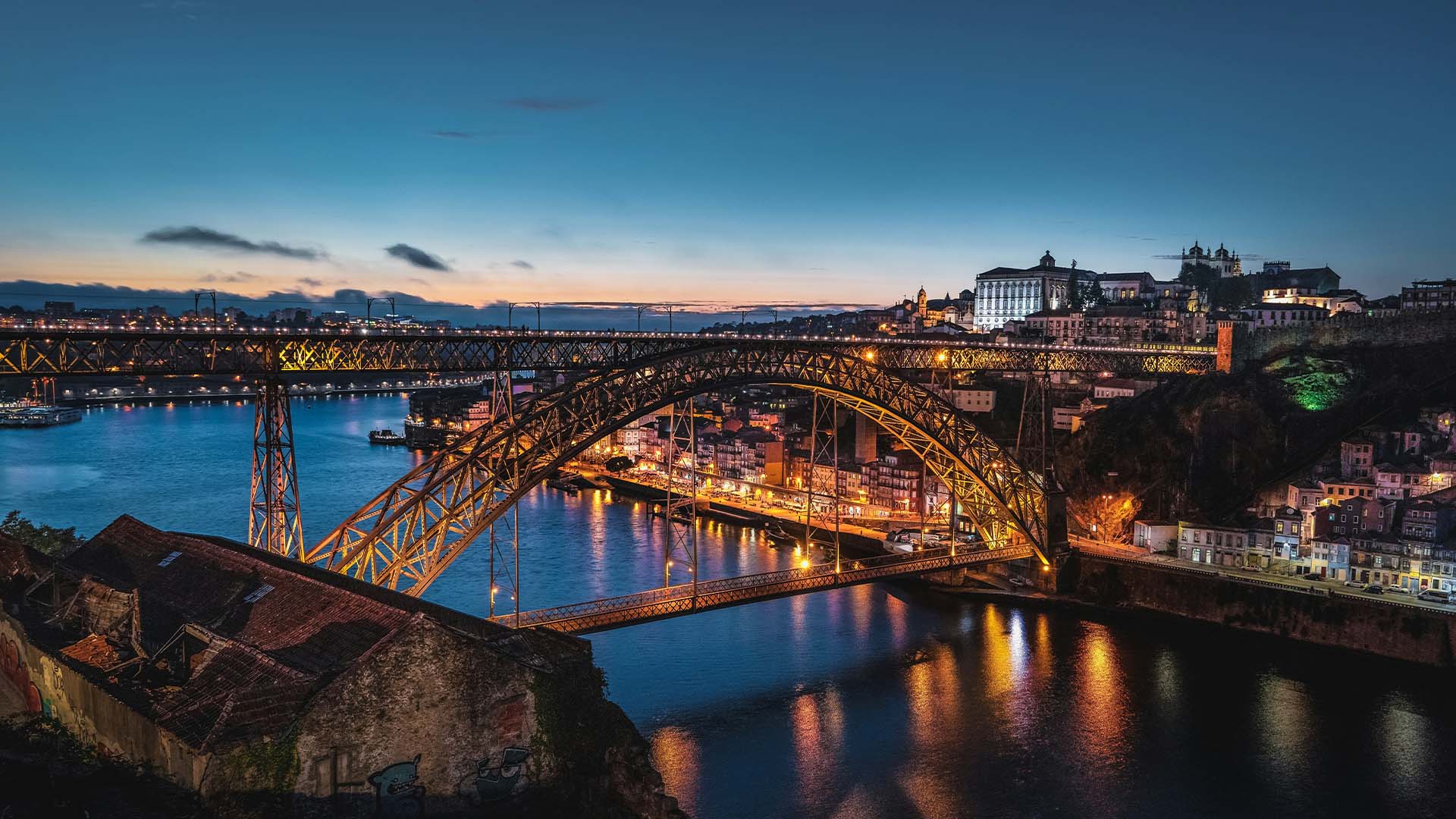
The Golden Visa Revolution
Residency by Investment (RBI) programs also exploded, with Portugal's Golden Visa (launched 2012) and Greece's (2013) leading the charge. A €250,000 property in Athens could secure residency, opening the Schengen Area's doors. These programs weren't just for the ultra-rich; they appealed to entrepreneurs and retirees craving flexibility.
Companies like Orience and Global Citizen Solutions sprang up, streamlining the process for thousands moving assets abroad. Real estate in Spain, villas in the Caribbean, apartments in Istanbul. By 2023, Portugal had issued over 7,000 Golden Visas, with €4.5 billion invested, mostly in property.
The Human Element
The emotional pull here is visceral: families fleeing political unrest in places like Venezuela or Hong Kong, buying second homes in Lisbon or Dubai for a Plan B. Digital nomads, too, embody global citizenship, working remotely from Bali or Tbilisi, unbound by traditional borders. In 2022, over 15 million Americans identified as digital nomads, a number that's only grown.
Freedom vs. Privilege
Global citizenship isn't all rosy. Critics argue it's a privilege for the wealthy, who buy passports while refugees languish stateless. The 2008 financial crisis supercharged CBI and RBI programs, as struggling economies courted foreign cash.
Yet, for every billionaire snapping up a Maltese passport, there's a middle-class family investing in a Greek villa for stability. The tension is real: global citizenship promises universal belonging, but money often gatekeeps access.
Organizations like Oxfam and Global Citizen (founded 2008) fight to democratize the concept, pushing for global justice and poverty reduction. Their work, mobilizing millions for climate action or equitable vaccine distribution, shows global citizenship as activism, not just mobility. In 2024, Global Citizen's festivals drew 500,000 attendees worldwide, proving the idea's emotional and collective power.

Key Landmarks and Milestones
1948: Universal Declaration of Human Rights sets a global moral standard.
1949: Cahors, France, becomes the first "world citizen city."
1984: St. Kitts and Nevis launches the first CBI program, sparking a global industry.
2008: Global Citizen movement begins, tying citizenship to social justice.
2012-2013: Portugal and Greece launch Golden Visa programs, fueling property investment abroad.
2025: Over 50 countries offer CBI or RBI, with firms like CS Global Partners and Nomad Capitalist helping 10,000+ clients secure second citizenships or residencies.
The Continuing Journey
The story of global citizenship is one of defiance and desire. Diogenes spitting in the face of borders, Davis handing out passports to the stateless, families betting on foreign homes for safety. It's philosophers and entrepreneurs, idealists and opportunists, all chasing a world where identity isn't confined by lines on a map.
It's messy, unequal, and still evolving, but it's driven by a truth as old as Diogenes: humanity is bigger than any one nation.




